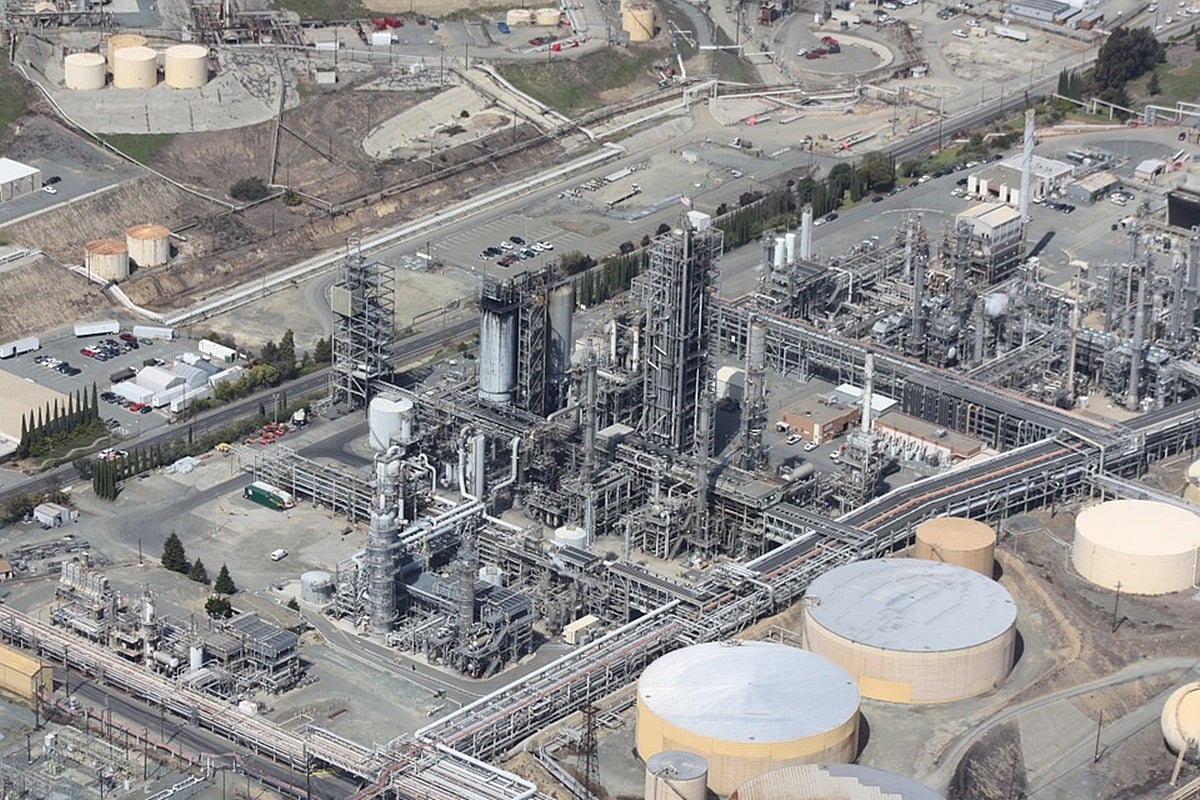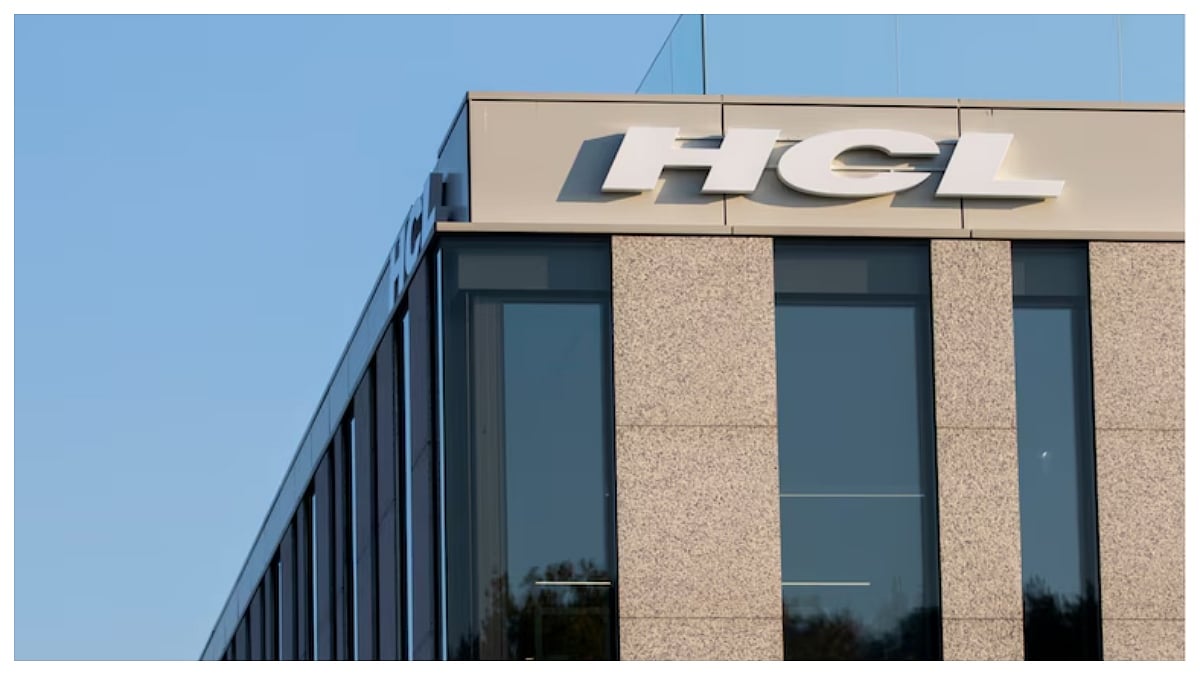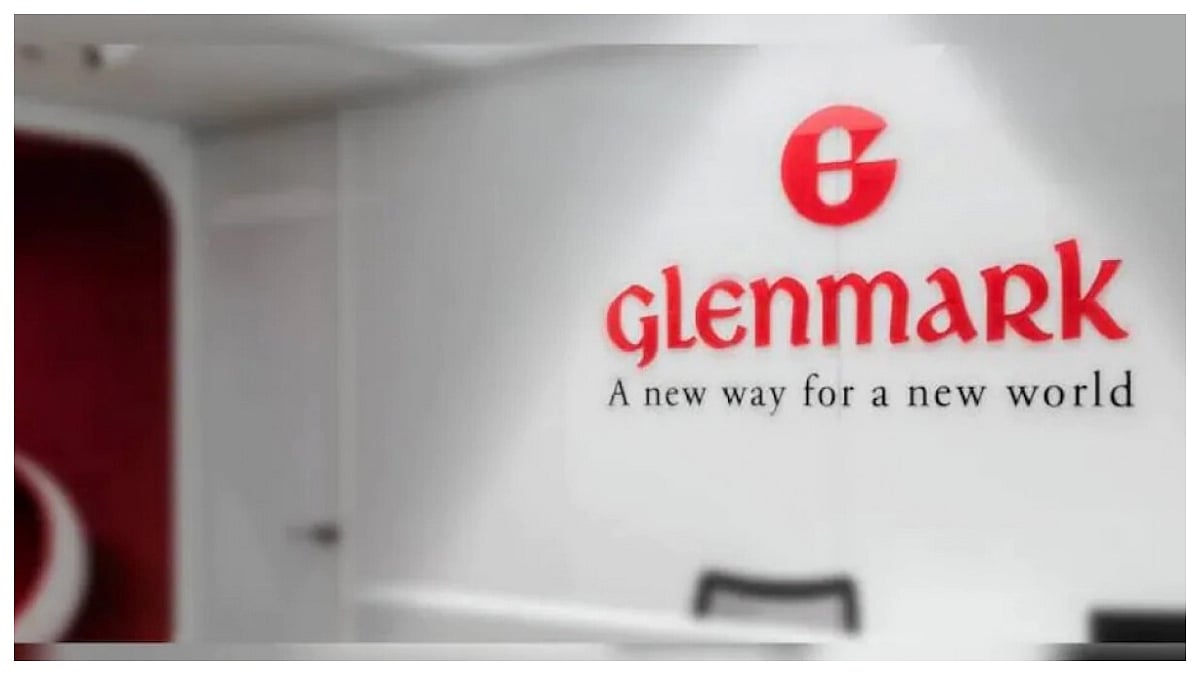Europe is scrambling to reduce its dependence on Russia for energy and bracing for potential disruption to critical natural gas supplies as Russia's war in Ukraine sends prices to new highs.
Natural gas prices hit a record on Thursday for a second day in a row as restrictions on oil and gas were increasingly treated as a possibility on the eighth day of the war - whether through Western sanctions or Russian retaliation.
That could mean even more pain to people's wallets: Energy prices have been high for months because of low supplies, driving up the cost of everything from utility bills to groceries as businesses pass along their costs to customers.
Traders were "factoring in the rising probability of sanctions on gas for each day the offensive continues," said Kaushal Ramesh, senior analyst at Rystad Energy.
The price of gas is 10 times what it was at the start of 2021.
But it continues to flow through the major pipelines from Russia to Europe, including those through Ukraine, pipeline companies say.
To prepare for any cut-offs as the war intensifies and to reduce Russian reliance, countries are rounding up new supplies of liquefied natural gas - LNG - by ship.
They're also speeding up plans for gas import terminals and pipelines that don't depend on Russia and talking about allowing coal-fired power plants to keep spewing climate-changing emissions for longer if it means energy independence.
Yet many of the measures will take months or, in the case of new pipelines and terminals, years.
The long-term answer is rapidly building out renewable sources such as wind and solar. But for now, Europe is reliant on gas to heat homes, generate electricity and supply industries like fertilizer producers.
Europe, which gets almost 40 per cent of its gas from Russia, is in a different situation than the US, which produces its own natural gas.
Still, EU Energy Commissioner Kadri Simson says Europe "has the tools" to handle any Russian retaliation this winter while conceding a total cut-off "would of course still be a challenge." Germany is spending 1.5 billion euros to buy more LNG. Chancellor Olaf Scholz on Sunday proposed building two LNG import terminals, days after blocking the already-completed Nord Stream 2 gas pipeline from Russia to Europe.
European Union countries are working on setting up a strategic gas reserve and establishing storage requirements. Officials are urging countries to sign agreements to share gas in emergencies.
The EU's executive commission is set to unveil steps next week that governments can take.
The Paris-based International Energy Agency said Thursday that Russian gas imports could be cut by one third this year through steps including letting existing gas contracts with Russia expire, finding new supplies from partners such as Norway and Azerbaijan, imposing minimum storage requirements, maximizing use of remaining nuclear plants and offering cash support for vulnerable electricity customers.
Denmark has given the go ahead for construction of a pipeline to bring Norwegian gas - another major source for Europe - to Poland after permission was suspended last year.
"We are really busy catching up with the lost months," Søren Juul Larsen, chief project manager at Energinet.
"We have agreed with our contractors that they will deploy more machines and people for the task, so that we can set the pace and be finished as soon as possible."
Energinet plans for the Baltic Pipe to partially launch October 1 and be fully operational January 1 with capacity of up to 10 billion cubic meters of gas a year.
Weaning Europe completely off Russian gas by next winter's heating season - if that becomes necessary - would be possible but painful, involving extra costs and possibly forced conservation, according to analysts at the Bruegel research institute in Brussels.




